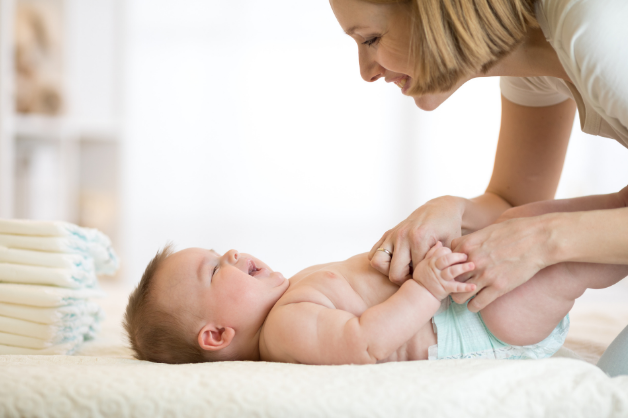As parents grow increasingly concerned over baby health and hygiene, and birth rates continue to rise in emerging economies, the baby care market is growing—and growing fast. In 2019, it was valued at $5.7 billion globally.
Not only is this market growing, but it’s also changing. Millennial parents have created an unprecedented demand for safe and organic baby care products, and as this key consumer group becomes more financially strong, this demand will likely increase.
Today, we’re looking at trends within the baby care market and what they may tell us about its future.
Increased Transparency
Now more than ever, people want to know every ingredient that goes into manufacturing a product—and especially when that product will be used on babies. Due to increased consumer awareness of the environmental and health risks posed by some personal care products, there is a growing expectation that companies disclose anything and everything used in the manufacturing of baby care products. Millennial parents are leading the charge for greater ingredient transparency in diapers and other core baby products.
In 2018, Johnson’s Baby—one of the largest and oldest players in the market—made headlines for announcing a 100 percent transparency plan for disclosing ingredients used in its products. Procter & Gamble, another top player in baby care, announced a similar plan to disclose its ingredients. This was a revolutionary move that signified an important shift in the market.
Growing Interest in Nonwovens
Nonwoven fabrics are sheet or web structures bonded together by enmeshing fiber or filaments through chemical, mechanical, heat, or solvent treatment. A certain percentage of recycled materials are typically used in nonwoven products, and many nonwovens can themselves be recycled after use. For these reasons, nonwoven products are considered eco-friendlier than their disposable counterparts.
In light of increasing environmental consciousness and the growing movement for greener products, it’s no surprise that nonwovens are at the forefront of the conversation. Like hospitals and hotels, baby care is an industry with a high level of need for single-use products. Nonwovens present an opportunity for manufacturers to become eco-friendlier, while maintaining the safety and security of a single-use product. Cotton fiber is ideal for carded nonwoven products because it is both durable and biodegradable.
Demand for All-Natural Products
With skin conditions like eczema on the rise among young people, parents are increasingly worried about the impact that personal care products have on their children. As a result, many are turning to products made from natural ingredients, which reduce exposure to the chemicals found in many baby care products.
Natural products offer a safer—and often greener—alternative to chemical-laden ones. While non-natural products are not likely to do any serious harm to your child, they contain chemicals that may irritate sensitive baby skin, often in the form of fragrances. Baby skin is thinner, more delicate, and more permeable than adult skin, so it’s especially important to look out for adverse reactions and choose gentle products. No parent wants to see their child experience the discomfort of eczema or a diaper rash. Thus, it’s no wonder that more and more parents are choosing to err to the side of caution and buy all-natural baby care products.
Preference for Cotton
The vast majority of parents prefer cotton as the most sustainable and natural fiber for baby care products like diapers and wipes. In fact, three out of four parents expect their baby care products to use cotton as an ingredient. Over the years, parents have grown familiar with the Seal of Cotton, and view it as a sign of quality and environmental friendliness. Eighty-four percent of parents say products with the Seal of Cotton trademark are better quality.
For parents in search of comfortable, sustainable, and safe products, cotton is the way to go. No other fiber has become so universally recognized as a favorite among parents and babies alike. Cotton is pure, clean, natural, and soft—everything a parent could want for a baby’s sensitive skin.
